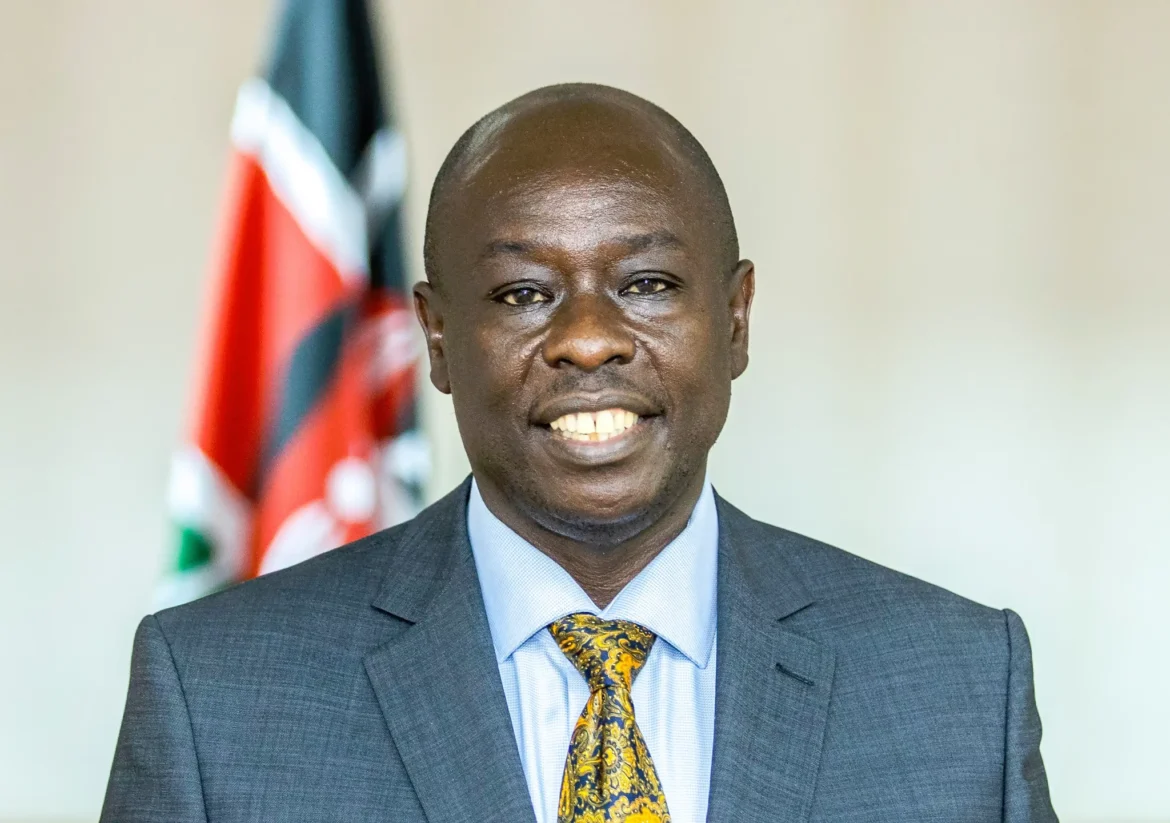The impeachment trial of Kenya’s Deputy President Rigathi Gachagua has officially begun, marking a critical moment in the country’s political landscape. The Kenyan president’s impeachment trial has drawn widespread attention, with the National Assembly voting overwhelmingly to approve the charges against Gachagua. Now, the final decision rests in the hands of the Senate, where a two-day trial is set to determine Gachagua’s future in office.
Eleven Charges Against Gachagua
The Kenyan president’s impeachment trial follows a fallout between Gachagua and President William Ruto, with the deputy president facing 11 charges, including corruption, inciting ethnic divisions, and undermining government authority. Gachagua has denied all charges, maintaining his innocence and pleading not guilty as the trial commenced. The accusations have ignited fierce political debate, with many seeing this trial as a test of Kenya’s commitment to tackling corruption at the highest levels of government.
The impeachment process was triggered by allegations that Gachagua had acquired assets worth 5.2 billion Kenyan shillings (approximately $40 million) during his two-year tenure as deputy president. Critics argue that these assets were obtained through corrupt means. However, Gachagua has defended himself, explaining that much of the wealth in question came from his late brother’s estate, not from his time in public office.
Senate Takes the Lead in the Trial
The Kenyan president’s impeachment trial has moved to the Senate, where senators are now tasked with deciding whether Gachagua should remain in office. The trial, initially expected to be handled by an 11-member committee, is now being conducted before the full Senate. For Gachagua’s impeachment to be upheld, at least two-thirds of the 67 Senate members must vote in favor of the motion.
On the first day of the trial, the National Assembly presented evidence against Gachagua, including video footage of controversial statements made by the deputy president. One such video, widely circulated in the media, shows Gachagua comparing Kenya to a “shareholding company,” suggesting that those who voted for the current administration were more deserving of government contracts and appointments. This remark sparked public outrage, with critics accusing him of stoking ethnic divisions in a country that has long struggled with unity.
Public and Political Reactions
The Kenyan president’s impeachment trial has caused significant political and public uproar. In Gachagua’s home region of Mount Kenya, more than 1,000 supporters took to the streets of Kagio town, protesting the impeachment. They blocked highways, demanding that the charges be dropped, and voiced their discontent with what they see as a politically motivated attack on their regional leader.
Meanwhile, political analysts predict that the impeachment motion may be upheld, as ruling party senators are expected to align with opposition members, much like what happened during the National Assembly vote. If the Senate confirms the impeachment, Gachagua will be barred from holding public office in the future. The vote is scheduled to take place on Thursday night, but the process could be extended into Friday, which is the last legal day for the trial to be heard.
Legal Challenges and Court Rulings
Throughout the impeachment process, Gachagua has launched several legal challenges in an attempt to stop the proceedings. However, his efforts have largely been unsuccessful. A judge recently ruled that the courts would not interfere in the Senate’s constitutional mandate, clearing the way for the trial to proceed. Gachagua is expected to challenge the impeachment in court if the Senate votes against him, continuing the legal battle in Kenya’s judiciary.
Despite the seriousness of the charges, many Kenyans view the Kenyan president’s impeachment trial as a distraction from the nation’s pressing economic issues. With rising inflation, high taxes, and widespread discontent over the cost of living, some feel that the political drama surrounding Gachagua’s trial is diverting attention from more important matters affecting the majority of Kenyans.
Conclusion
As the Kenyan president’s impeachment trial moves forward, the nation watches closely to see how the Senate will rule. Rigathi Gachagua’s fate hangs in the balance, as the Senate deliberates on whether the charges of corruption and ethnic incitement are grounds for removal from office. Should the impeachment be confirmed, it will mark a significant turning point in Kenyan politics, potentially reshaping the country’s leadership ahead of future elections. For now, all eyes remain on the Senate as the trial continues to unfold.
Stay connected to know more on arcnews.online for global news like Kenyan President’s Impeachment Trial Begins. For videos updates visit our YouTube. Do subscribe to Arcnews to get latest updates directly in your mail box.
Have A Great Day.


